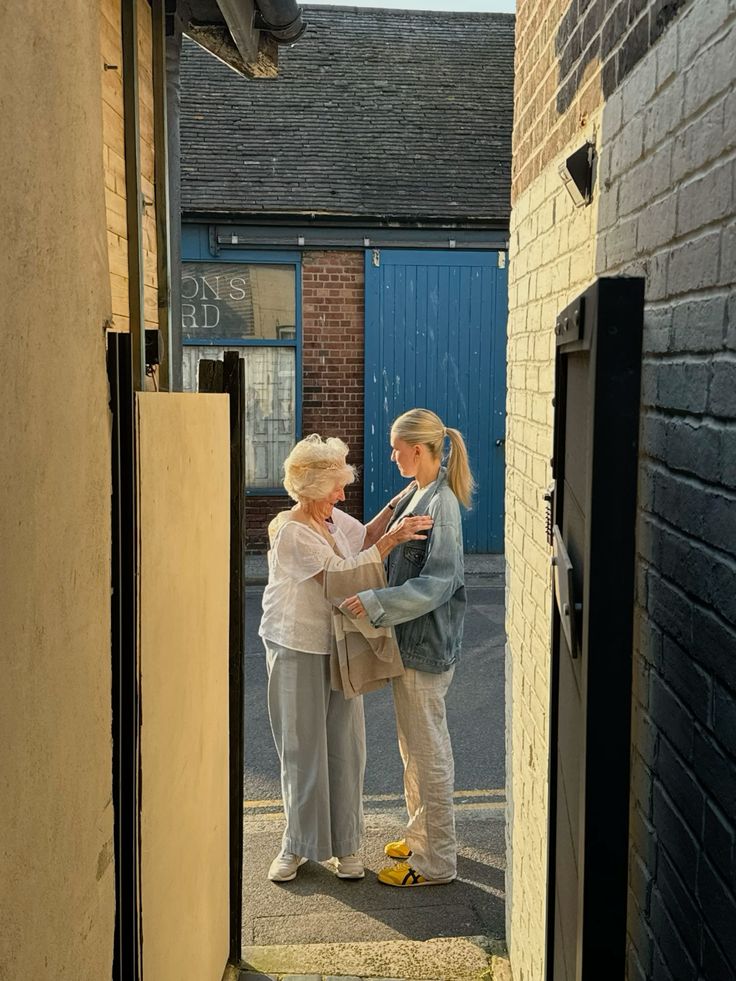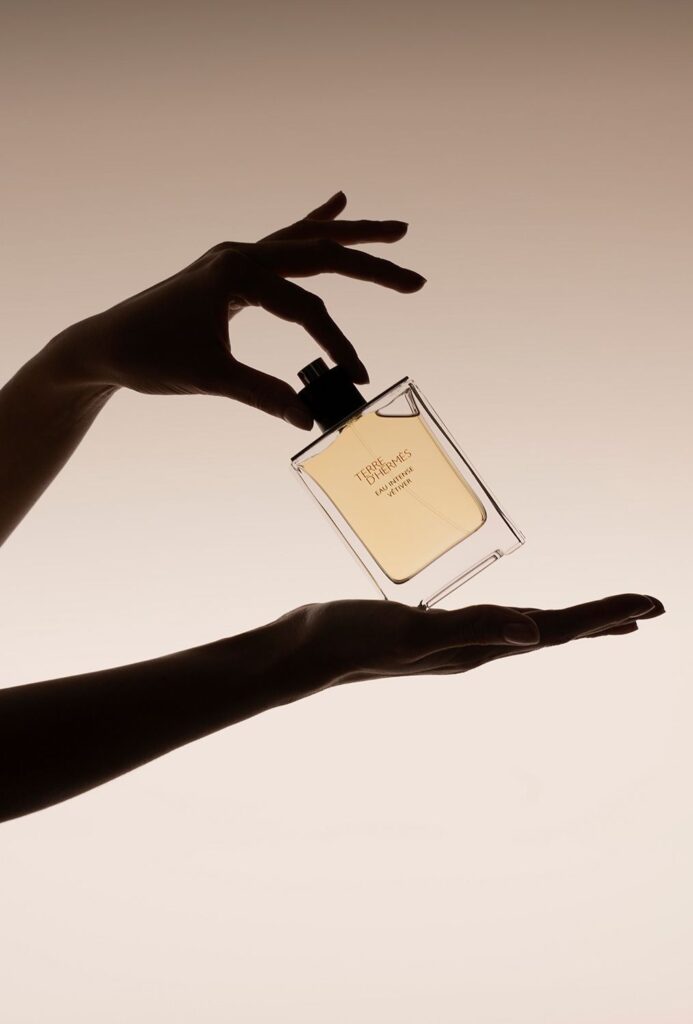Rina Sawayama is a 30-year-old, queer, Japanese-British woman breaking into the pop scene. Or rather, changing it.
Sawayama started blowing up in 2017 after hit singles and a successful EP. Now, with a new record deal, she released a debut album she self-titled “SAWAYAMA,” which in itself is a power move. Elton John even gave it the seal of approval, naming it “the strongest album of the year” in 2020. “SAWAYAMA” deals with a wide variety of topics and yet none of 13 songs are about love — at least in the traditional sense.

She critiques greed and capitalist culture in her hit song “XS,” and claps back at subtle racism and microaggressions in “STFU!.” She sings about people eroticizing Japanese culture in “Tokyo Love Hotel,” and sends a love letter to queers in “Chosen Family.” Each of her songs discuss unusual themes for pop music. As a result, her music is fresh, interesting and unheard-of.
With such a breakthrough album, she was due to be nominated for a Mercury Prize, one of the most prestigious music accolades in the U.K. and one of her biggest dreams. However, this past summer VICE reported that Sawayama was not even eligible to enter the competition on account of her being, in her words, “not British enough.”

The article explains that she has lived in the U.K. since she was five years old and considers herself British. She’s signed to a U.K. label, her album was recorded and mixed in the U.K. and her lyrics are mostly English.
Japan doesn’t allow dual citizenship, so she has indefinite leave to remain in the U.K., which acts like citizenship and grants her permanent residency and right to work and live in the country. However, because of this visa status, she is not eligible to enter as a British Artist, despite having lived in the U.K. longer than other nominees like Dua Lipa.
The Mercury Prize rules state that artists can enter the competition if they are British or Irish. Meaning, if they hold a passport. Bands can enter if 50% of members are British or Irish, or 30% or more of members are British or Irish and the majority are primary residents in the U.K. or Ireland.
I feel like I’ve contributed to the UK in a way that I think is worthy of being celebrated, or at least being eligible to be celebrated.
She said in her interview with VICE Magazine
Because of her immigration status, questions of whether she is British or not are being raised. She described it best herself — “it was othering.”
In a statement released on Twitter, she said, “I just wanna dream the same dream as everyone else.”
Instances like this put into focus the grey areas of immigration, the limitations and complications of an immigrant’s dream and the lack of diversity with who gets recognized for these awards. It fundamentally questions how we choose to define “British” or “American.”
The Mercury Prize has since been awarded for 2020 and they have not reevaluated their strict criteria.
Art is not limitless — it does have boundaries. It comes in the form of passports and percentages.





